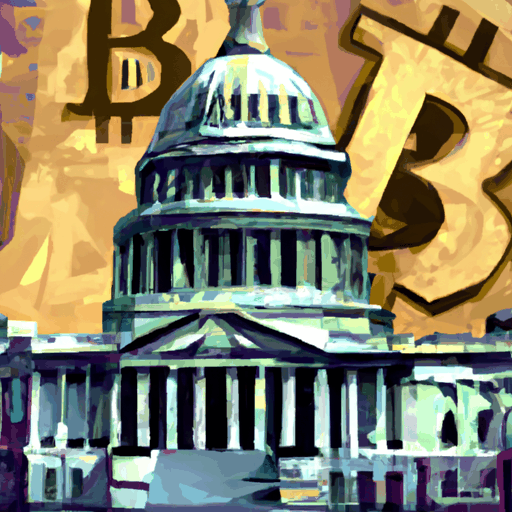
US Lawmakers Challenge IRS Rules on DeFi Reporting
By: Eliza Bennet
In a significant move resonating across the crypto world, U.S. lawmakers, supported by the White House, are gearing up to challenge the Internal Revenue Service's (IRS) broker rules that have sparked concerns within the decentralized finance (DeFi) community. These rules, finalized last year, impose stringent tax reporting requirements on various digital asset handlers. They redefine 'brokers' to include DeFi developers, obligating them to track user activities, report transactions, and enhance compliance, including Know Your Customer (KYC) processes for all digital assets, from non-fungible tokens (NFTs) to stablecoins.
Leading the charge against these regulations is Republican Senator Ted Cruz, who is preparing a Congressional Review Act (CRA) to repeal these comprehensive rules. Although the initial vote was slated for early March, scheduling conflicts, such as the impending State of the Union address, may lead to delays. This legislative effort, if successful, could repeal the IRS's rule by a simple majority vote in both legislative chambers. The overwhelming support from the White House and figures like Trump's crypto advisor, David Sacks, demonstrates the administration's strong stance against what it perceives as an unnecessary encroachment on the crypto community by current leadership.
Coin Center’s Peter Van Valkenburgh has been particularly vocal, arguing that treating DeFi software developers and infrastructure providers as brokers is excessively broad, undermines privacy, and stifles innovation. His views are representative of a broader consensus within the crypto industry, which sees the rule as a significant risk to the privacy and innovative potential of burgeoning technologies. The White House's backing, reflected by Crypto Tzar David Sacks, emphasizes the perceived overreach, labeling the rule as an "11th-hour attack" on the crypto community.
The outcome of this vote is set to have wide-reaching implications. It will signal the U.S. government’s approach to digital assets in the coming years, serving as a litmus test for the new Congress's stance on cryptocurrencies and blockchain technology. Should this resolution align with expectations to rollback restrictive policies, it would mark a firm step in establishing a more favorable environment for crypto developments, reinforcing the pro-crypto ethos that the current administration seeks to promote.



